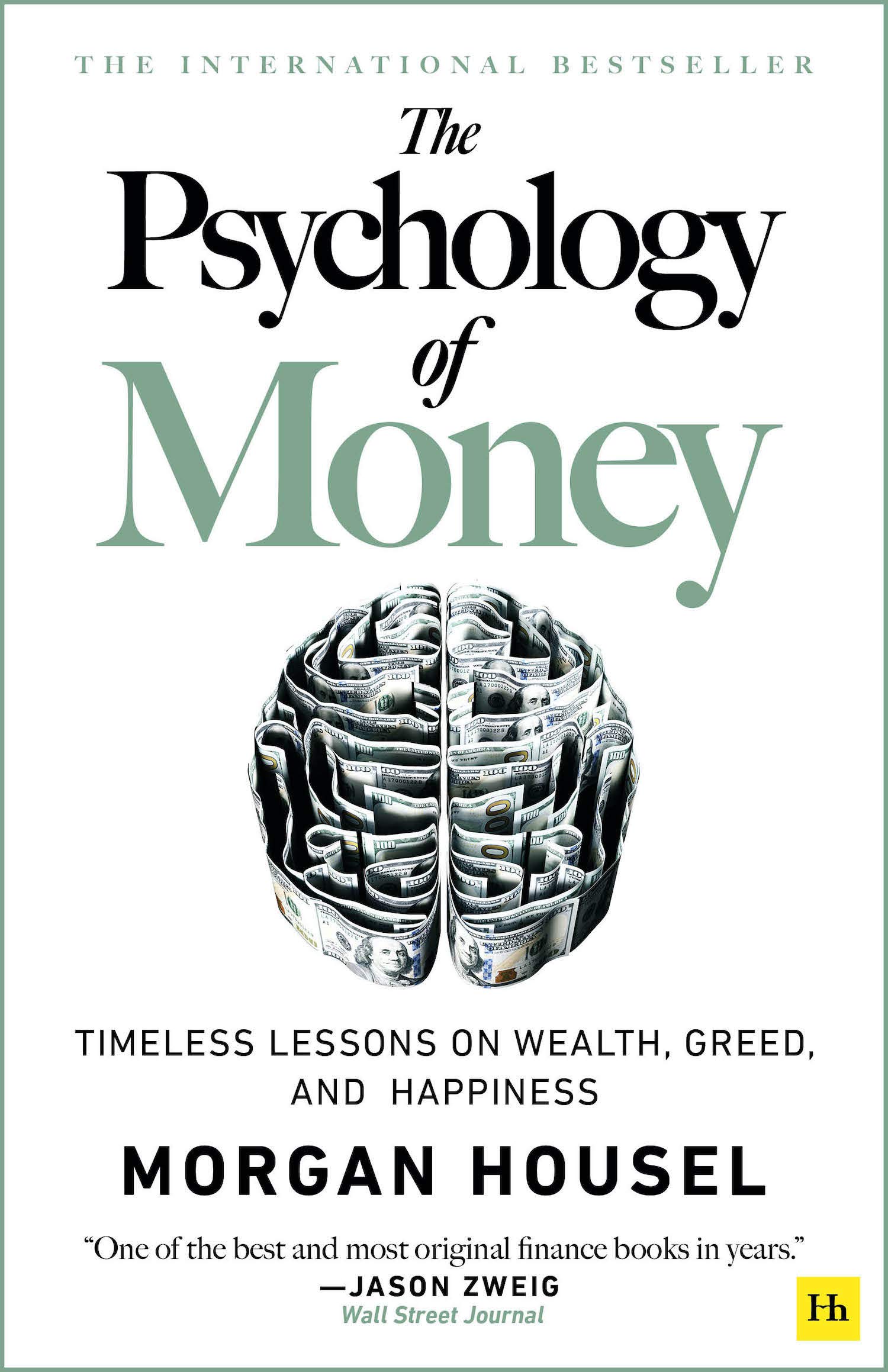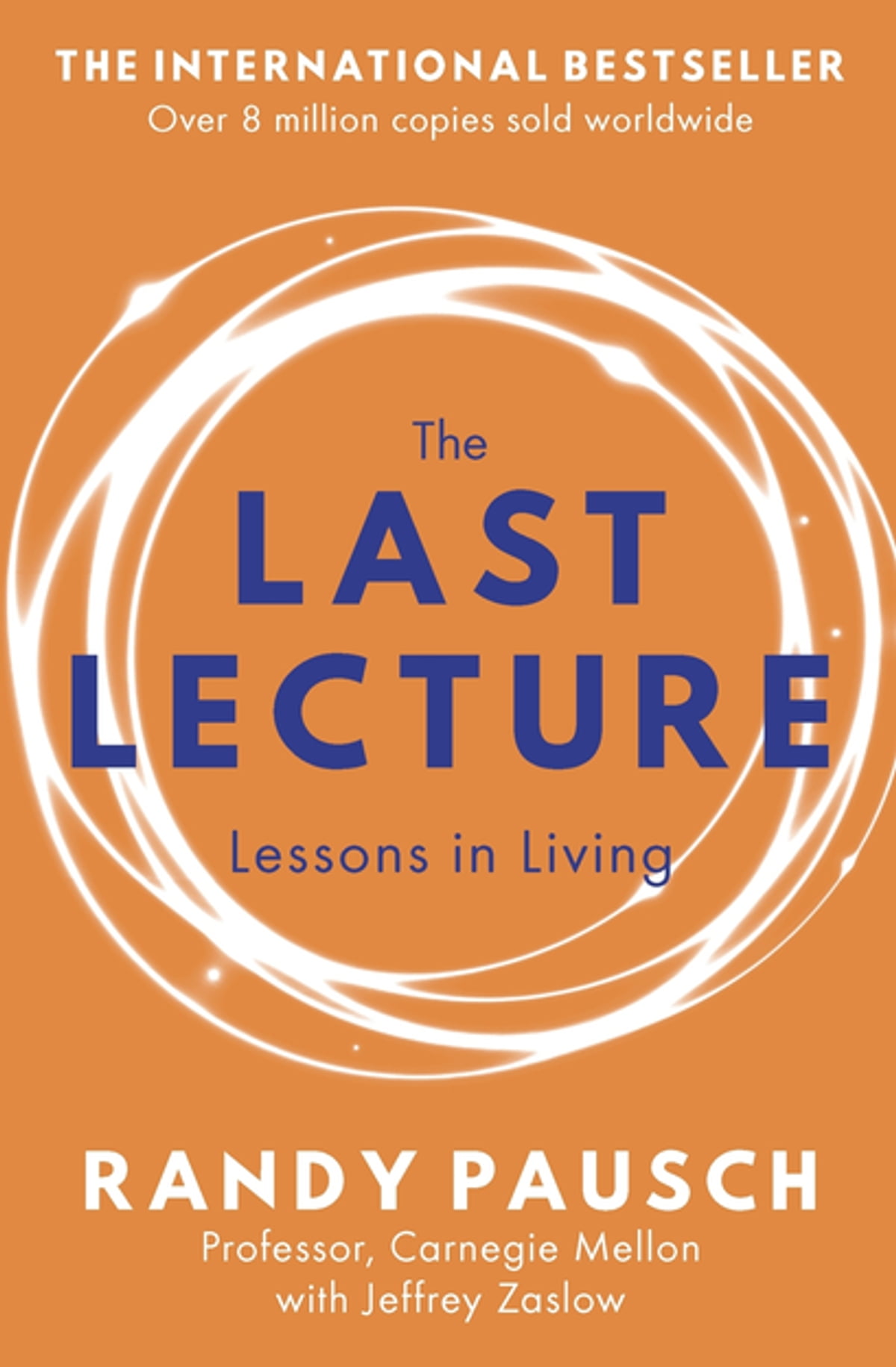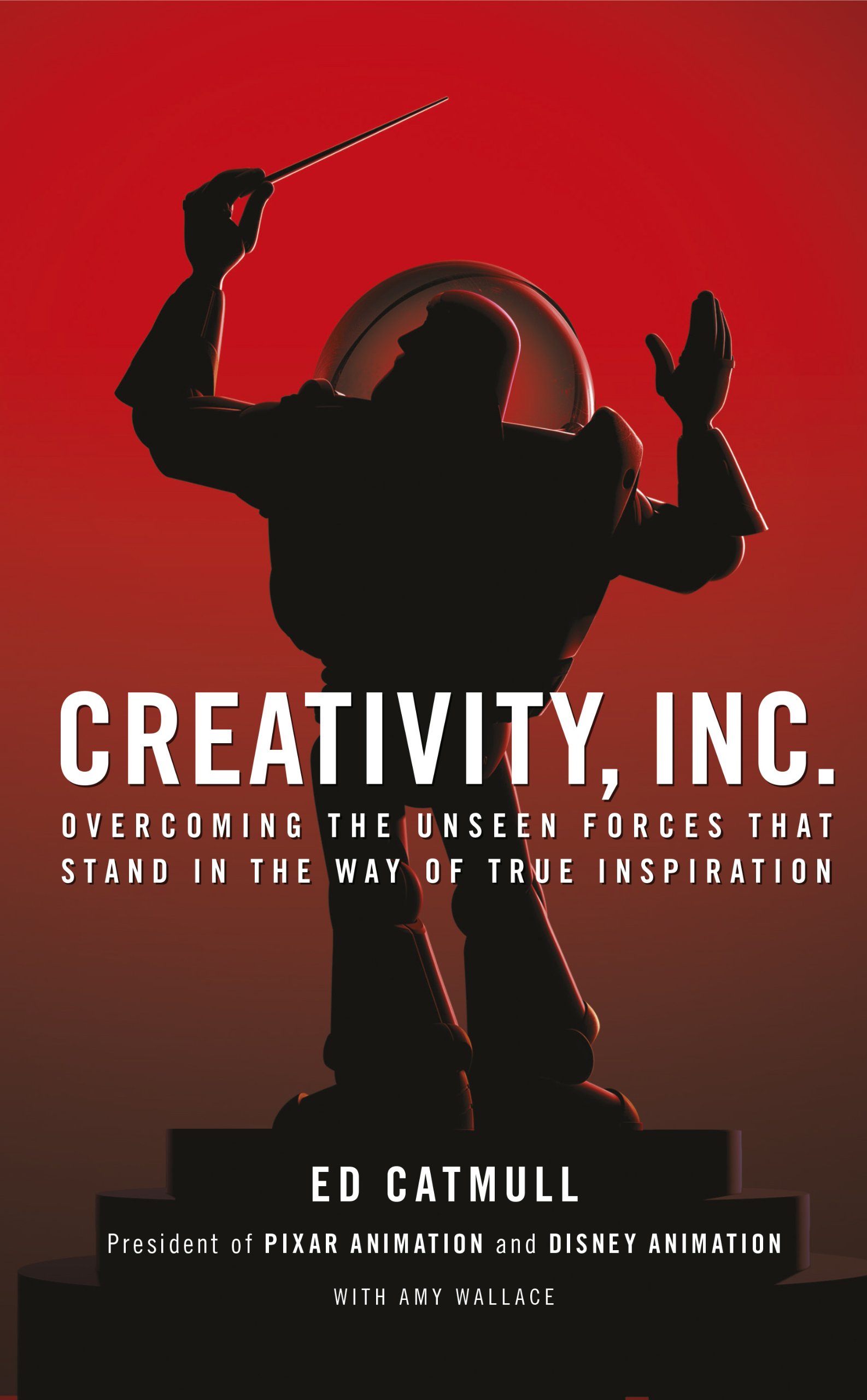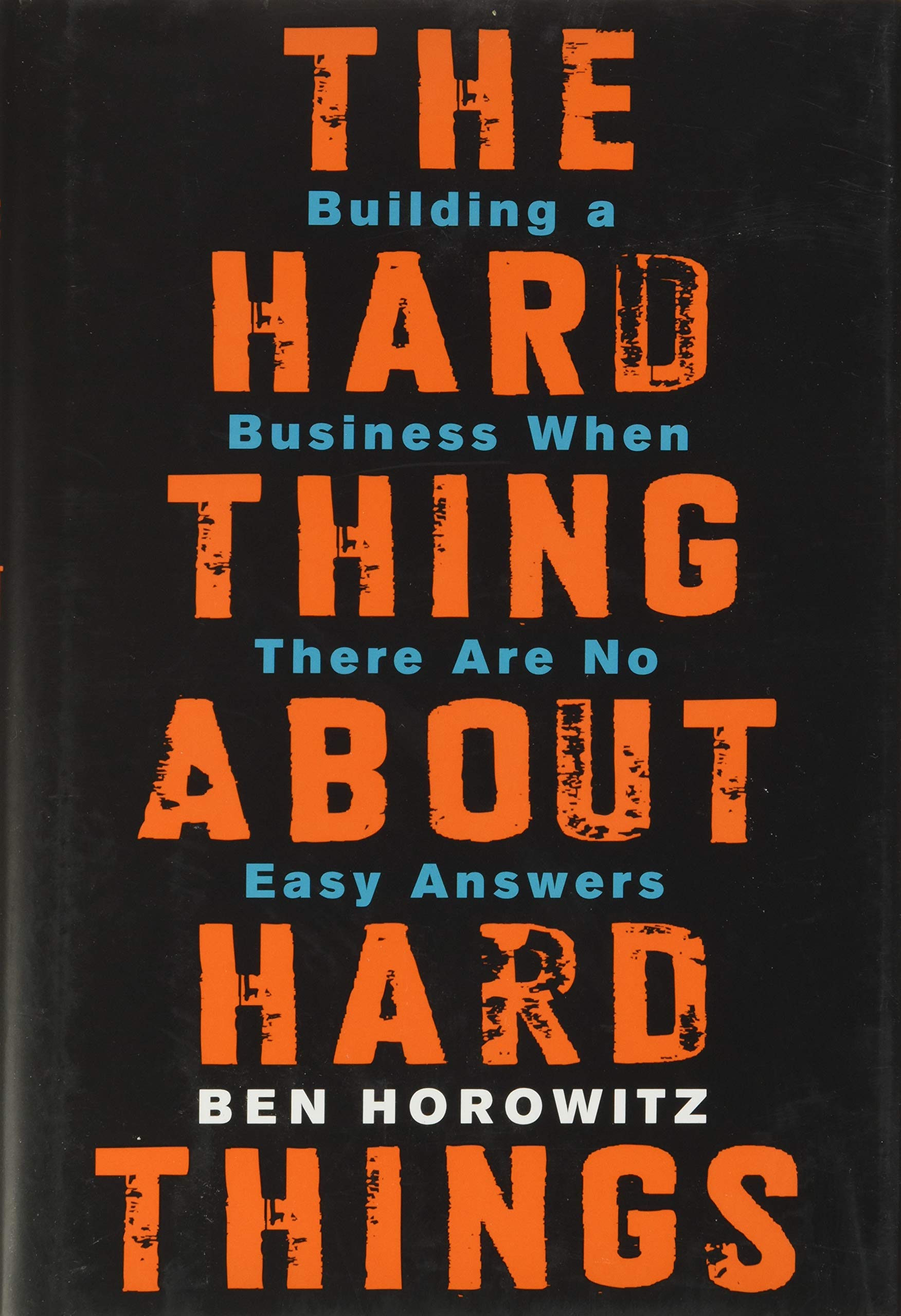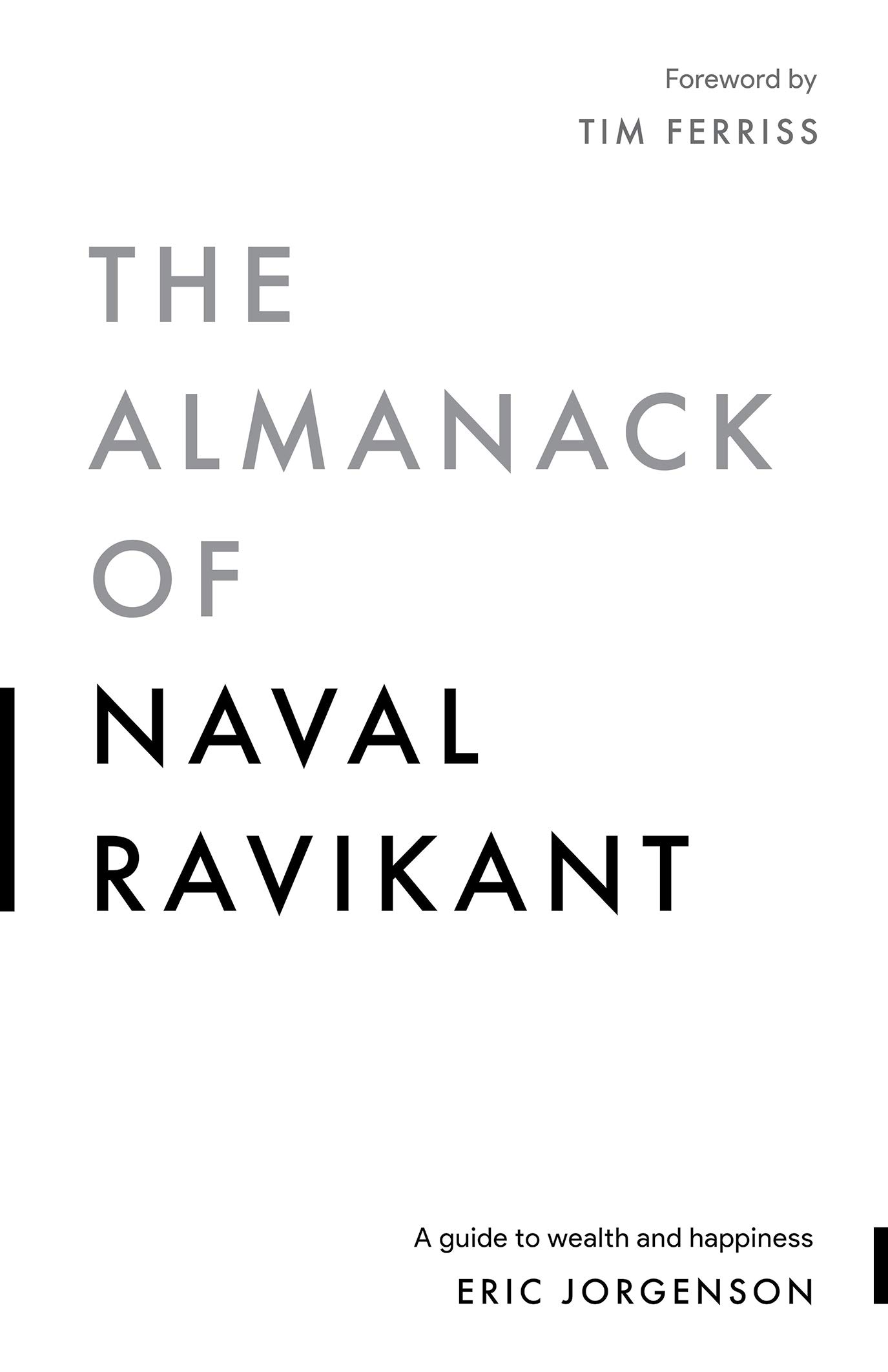How can you manage the mental stress of losses to keep ‘playing the game’?

The psychology of money by Morgan Housel discusses the difficulties in managing uncertainty when making personal finance decisions. Whilst it is clearly a book about money (particularly about investments), much of the themes could apply across interpersonal communication, philosophy, and decision-making in other contexts.
The main take-home point is that all significant investment returns come from playing the long game (i.e. >20 years). Therefore, you must put yourself in a position to financially take the hits of recessions without needing to pull out your assets. But more importantly, you need to anticipate that days when you ‘lose’ 30% will happen, and be ready to hold your nerve. If you can sit on your hands on those days (when everyone else is selling), it may be more valuable than all your previous decade of investment.
Key points:
- We all feel we know (or can ‘see’) the world, but this is from our own perspective, based on a unique set of experiences
- Therefore, our perception of reality only reflects a tiny proportion of existence
- So be slow to judge others’ actions (including financial); people are (on the whole) trying to do their best
- Don’t focus on extreme cases (of wealth or loss) as they are more likely to be influenced by luck or risk
- Being content with having enough is needed to avoid excess risk and to find happiness
- The benefit of compounding cannot be overstated and takes time to show
- In investing, but also in just about any other endeavor
- Many large returns or losses are due to tail events, therefore your actions on bad days may be more influential than years of other decisions
- Equally, much wealth comes from the few highly valuable investments you make
- Staying wealthy is about: frugality, being paranoid, and attributing your success to luck
- Never forgetting the importance of luck will keep you grounded
- Happiness is strongly associated with freedom so use your wealth to give you time, control, and space for decisions
- Wealth is usually hidden as it is the purchases we don’t make, so is hard to emulate
- I.e. wealth is not driving a Porsche
- It is not realistic to aspire to make purely rational choices (i.e. Homo economicus): simply aim for ‘reasonable’ choices
- Sticking with a single investment strategy long term is associated with better returns
- Unexpected events are common [think Taleb’s Black Swan] and since there is so much change, recent past may be more like the future
- Think of ‘margin for error’ as a method for how to navigate when predictions are uncertain
- It is all about being able to ride through tough times and still keep ‘playing’
- Both financially and mentally i.e. Can you mentally cope with a 30% loss?
- The mental stress is real, do not underestimate it: manage your finances so you can sleep well at night
- Barbell and prevent any single point of failure [again, after Taleb’s writings]
- Think of losses as a ‘fee’, not a ‘fine’: you would have to pay for any other big opportunity so investment should be no different
- Both financially and mentally i.e. Can you mentally cope with a 30% loss?
- People change and are poor at predicting what they want in their future therefore financial priorities / plans change
- Accept that change will happen
- Bubbles encourage short term trading but a problem when you invest with a long term perspective
- Optimism (“I am hopeful for a good outcome”) is not the same as complacency (“I know that good things will happen”)
- 2008 crash was due to a change in narrative, not a change in actual value or production capacity
- The author invests now in only index funds as it is hard to beat the market
It is interesting to contrast this book against Rich dad, poor dad, which much more heavily focuses on getting ‘rich’. Hounsel takes a more stoic approach of being pleased if wealth comes along but acknowledging that you must establish what is sufficient otherwise you will continue the pursuit of more.
More books like this:
- Rich dad, poor dad by Robert Kiyosaki and Sharon Lechter
- Black swan by Nassim Nicholas Taleb
- Thinking, fast and slow by Daniel Kahneman
- The Almanack of Naval Ravikant by Eric Jorgenson
Useful links:
